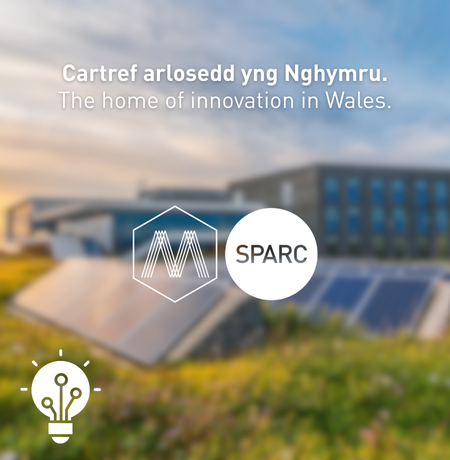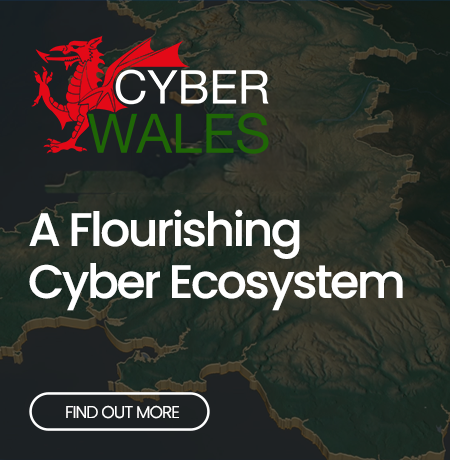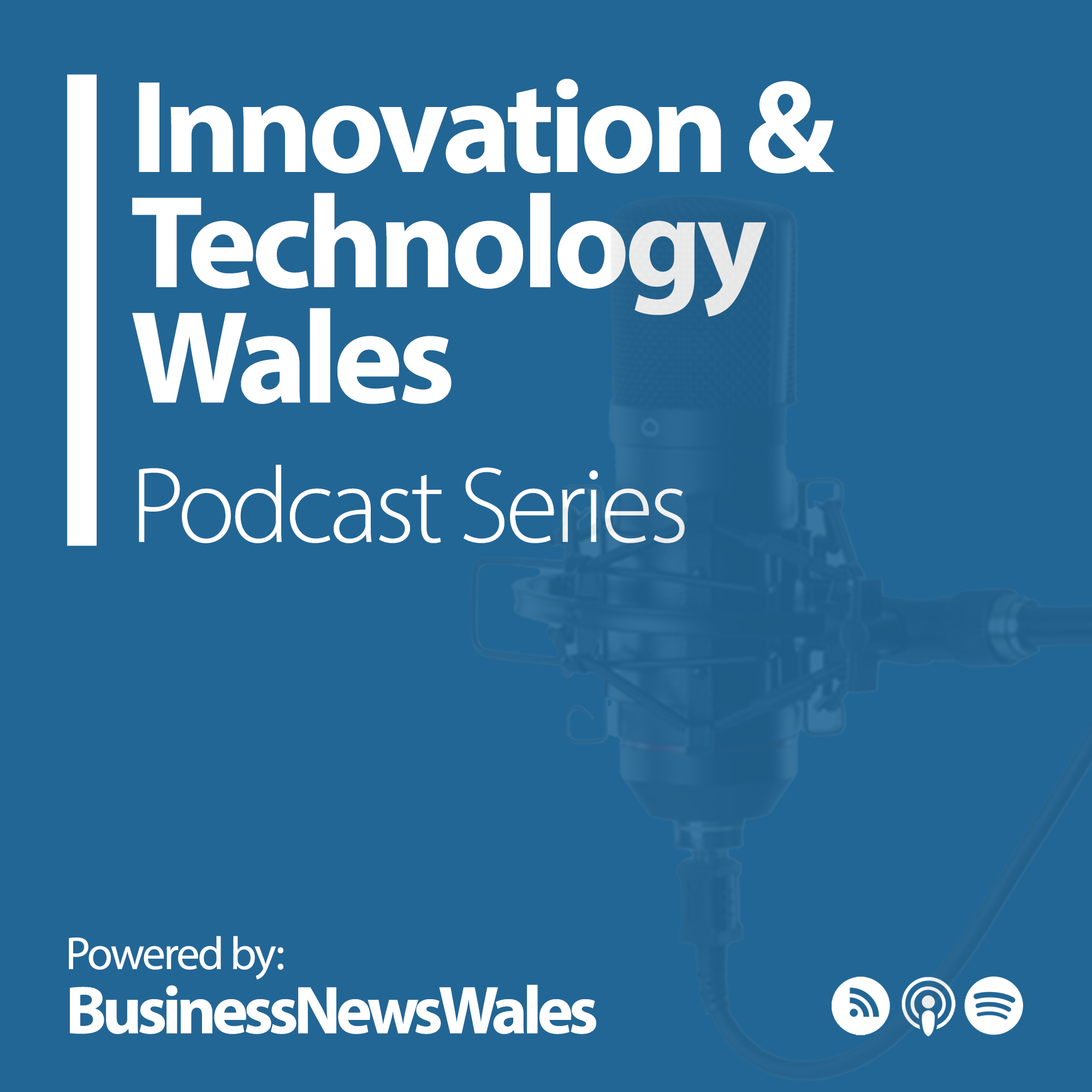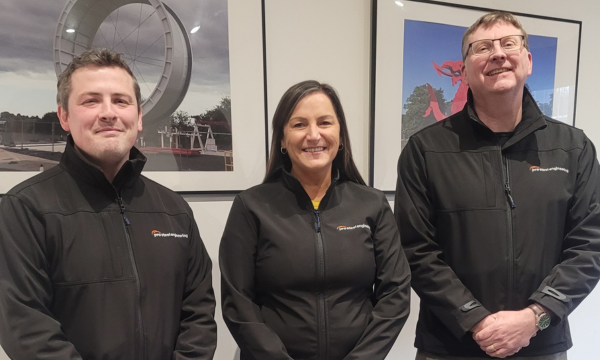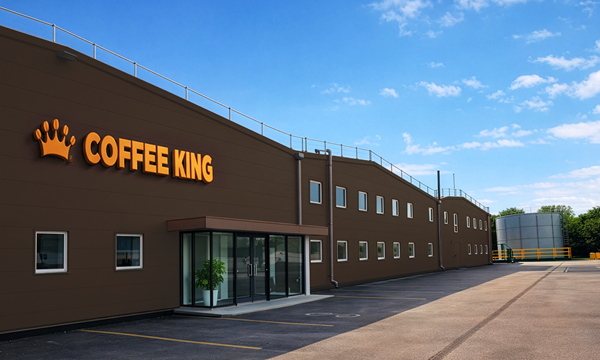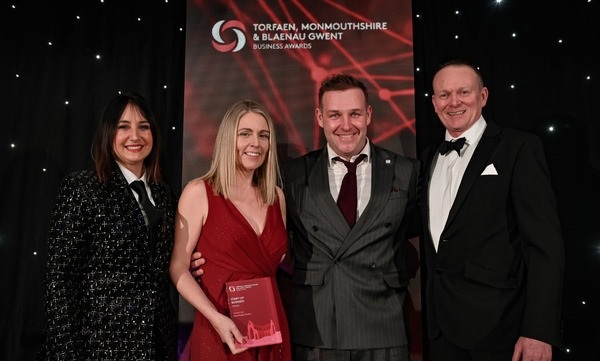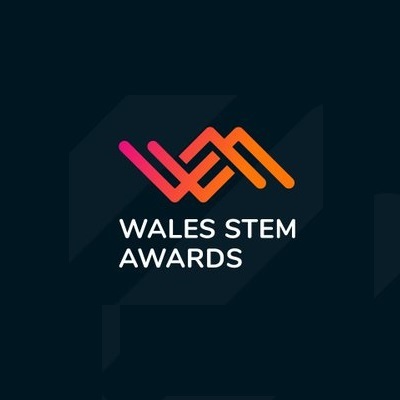
WRITTEN BY:
Wales STEM Awards
Innovation lies at the heart of STEM (Science, Technology, Engineering, and Mathematics) and plays a critical role in shaping the future of Wales. With rapid global advancements, STEM sectors are tackling pressing challenges, from climate change to healthcare.
Wales, with its rich engineering and scientific heritage, is leading the charge by developing groundbreaking technologies that will drive growth and sustainability
Marine Renewables: Powering the Future
One of the most exciting areas of STEM innovation in Wales is marine renewable energy. Osian Roberts from Hydrowing, winner of STEM Innovation of the Year, is optimistic about the potential of tidal energy.
“Marine renewables, especially tidal stream, have significant momentum now following the success of Morlais in North Wales and the recent CFD awards,” says Roberts.
These renewable energy initiatives not only tackle climate change but also create high-skilled jobs across Wales. With projects like Hydrowing driving growth, the demand for expertise in ocean sciences and engineering continues to rise.
Roberts believes that continued investment in STEM education and training is crucial for meeting the evolving needs of the renewable energy sector. As the world transitions to a low-carbon future, Wales’s natural resources will be a key player in global sustainability efforts.
Artificial Intelligence: Revolutionising Industries
Artificial intelligence (AI) is another area with far-reaching implications for industries. Luke Bateman from Antiverse, winner of STEM Company of the Year, explains how AI is transforming healthcare.
“AI has pushed healthcare forward at light speed through technologies that detect cancer sooner, allow rapid protein structure determination, and accelerate drug discovery,” says Bateman.
Beyond healthcare, AI's impact is expanding across industries, from streamlining business operations to revolutionising education. Bateman adds: “AI is playing a critical role in education too, transforming how students learn and interact with information.” As AI technologies advance, they hold immense potential for reshaping industries, but Bateman cautions that ethical considerations must be part of the conversation to avoid unintended consequences.
Augmented and Virtual Reality: Enhancing Learning and Skills
While AI continues to dominate conversations, augmented and virtual reality (AR and VR) are making strides in education and training.
Pocket Potions is particularly excited about the potential of AR and VR to transform how students learn and develop critical skills. “These technologies allow students immersive experiences to enhance their learning, understanding, and skill development in ways that are normally unheard of in a traditional classroom,” says Zoe Hooper from STEM Start-up of the Year, Pocket Potions.
Christie Heaven from Wales Interactive, winner of International STEM Business of the Year, sees these technologies as key tools for engagement.
“AR and VR create immersive environments for learning that go beyond traditional methods,” says Heaven.
By giving students hands-on, interactive experiences, these technologies enhance problem-solving and creativity, skills essential in today’s STEM fields.
Wales Interactive has already integrated these technologies in gaming, but Heaven believes AR and VR have applications far beyond entertainment, with the potential to transform education and professional training. These advancements offer students a glimpse into future STEM careers, making the learning process more engaging and relevant.
Sustainability and STEM: A Path to Inclusivity
The growing focus on sustainability is transforming industries worldwide, and STEM innovation plays a vital role. Christian Laycock from the University of South Wales, winner of STEM Research Project of the Year, emphasises the broad scope of sustainability. “Sustainability isn’t just about the environment – it includes social and economic challenges as well,” Laycock explains. By adopting a holistic approach, STEM can address issues like job creation and social equity while advancing sustainability goals.
Laycock stresses that engaging young people early is key to closing the STEM diversity gap. “We need to reach children from diverse backgrounds earlier in their educational journey,” he says, pointing out that showcasing the societal contributions STEM can make will attract a more diverse range of future scientists and engineers.
Ffion Davies from Destination Renewables shares a similar perspective, highlighting how STEM will help Wales meet its net-zero targets.
“Emerging renewable energy technologies will have a significant impact in the coming years, but we need a skilled workforce to build these projects at scale,” Davies says.
Investment in education and workforce development will ensure Wales remains at the forefront of sustainable energy innovation.
Building a Diverse STEM Workforce
Inclusivity is a recurring theme among the winners. Claire Jenkins from the Intellectual Property Office, winner of STEM Woman of the Year, underscores the importance of diverse role models. “The more diverse the visible role models, the better,” says Jenkins. She believes encouraging more women and underrepresented groups to pursue STEM careers is essential for fostering a culture of innovation. Jenkins adds, “I’d love to see more women talk about how exciting working in STEM is.”
Jade Lodder from Pontus Research, winner of the STEM Sustainability Award, agrees. “We need to engage underrepresented students through outreach and mentorship with diverse role models,” Lodder explains. She also calls for inclusive hiring practices and diverse curriculums that reflect a broader range of perspectives, ensuring STEM remains an accessible and attractive career path for everyone.
A Bright Future for STEM in Wales
The future of STEM in Wales is bright. From AI and AR to renewable energy and sustainability initiatives, the innovations being developed today have the potential to reshape industries and tackle society’s greatest challenges.
As Osian Roberts from Hydrowing notes,
“STEM will be key in contributing to Wales’ sustainability goals.”
As these technologies advance, Wales must continue investing in education and workforce development, ensuring that the next generation is equipped with the skills needed to thrive in a STEM-driven future. By fostering a culture of inclusivity and collaboration, Wales can lead the way in STEM innovation, creating lasting positive change for generations to come.



